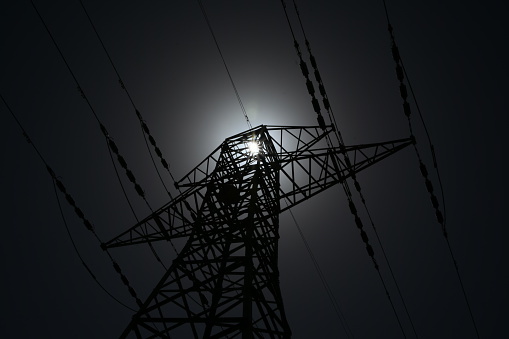- 1-905-452-8193
- Contact Us
- Member Login
- Get Listed Today
- 220,911 members

A power outage is a situation in which an electrical power transmission or distribution system fails, resulting in the loss of electric power. A power outage may be localized, affecting only a small area, or it may affect large areas, such as an entire city.
Electrician Central Coast owner Calvin Hudson understands how frustrating power outages can be. There's nothing more annoying than being in the middle of something and having the power go out. Sometimes, it feels like the power is always going out when you don't need it to. What makes your house lose electricity in the first place?
Hopefully, the list below will help you understand why the power goes out and how you can prevent it from happening again.
Bad weather
One of the most common causes of power outages is bad weather. Severe storms, high winds, and heavy rain can all knock out power lines and cause widespread outages.
Accidents
Accidents involving vehicles or construction equipment can also cause power outages. For example, if a truck hits a utility pole, the force of the impact can damage it and knock out power to surrounding homes and businesses.
Animals
Wild animals such as squirrels and raccoons can also cause power outages by climbing on power lines and causing short circuits.
Equipment failure
Power outages can also be caused by equipment failure. This can include anything from broken transformers to faulty wiring.
Fire or explosion
A fire or explosion can also cause a power outage. For example, if a transformer catches fire, the intense heat can quickly spread to other nearby transformers, causing a widespread blackout.
Lightning strikes
Lightning strikes are another common cause of power outages. A single lightning strike can knock out power to an entire neighbourhood or business district.
Terrorism
Terrorist attacks can also cause power outages. For example, if a bomb explodes near a power substation, the resulting damage can knock out power to a large area.
Winter weather
Heavy snow and ice can also cause power outages by disrupting the flow of electricity and blocking roads and bridges used to transport energy supplies.
Human error
Human error is another common cause of power outages. This can include anything from improperly installed wiring to operator error at a power plant.
Aging infrastructure
Aging infrastructure is also a common cause of power outages. Many of the country's electrical systems are aging and in need of repair or replacement.
If you're ever affected by a power outage, here are a few things you can do.
First, try and remain calm. panicking will only make the situation worse. Second, check to see if you are affected by the outage. If you are not, then there is no need to take any action. If you are affected, then try and find out what is causing the outage. Once you have identified the problem, you can start working on a solution.
If you have a backup generator, now is the time to turn it on. If you don't have a generator, then you will need to find some other source of power. This could include a battery-powered lantern or a camping stove. Finally, if the power is out for an extended period, make sure to stock up on food and water. You will also want to make sure that you have a way to keep warm or cool down depending on the season.
The impact of a power outage can be significant. Not only does it interrupt vital services such as transportation, communication, and healthcare, but it can also lead to safety risks and financial losses. There are many reasons why the power goes out at home, but most of them are due to factors beyond our control. However, there are some things that we can do to minimize the risk of experiencing a power outage. By being aware of these risks and taking precautions, we can help ensure that we're prepared for when the next power outage inevitably happens.
For more information, get in touch with a trusted electrician today!
